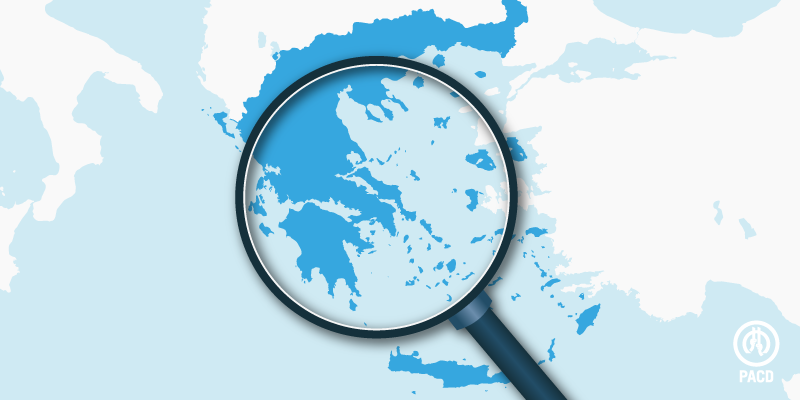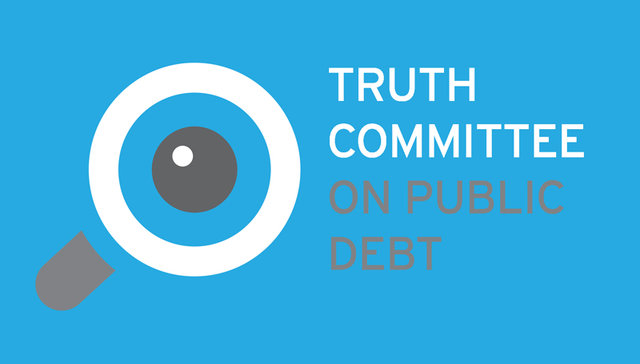21 May by Truth Committee on the Greek Public Debt
The Debt Audit conducted by the Hellenic debt Truth Committee makes reference to the debt classification based on a very precise terminology that needs to be very clear: illegitimate, illegal, odious and unsustainable.
“Illegitimate debt”
Debt that the borrower cannot be required to repay because the loan, security or guarantee, or the terms and conditions attached to that loan, security or guarantee infringed the law (both national and international) or public policy, or because such terms or conditions were grossly unfair, unreasonable, unconscionable or otherwise objectionable, or because the conditions attached to the loan, security or guarantee included policy prescriptions that violate national laws or human rights standards, or because the loan, security or guarantee was not used for the benefit of the population or the debt was converted from private (commercial) to public debt under pressure to bailout creditors.
“Illegal debt”
Debt in respect of which proper legal procedures (including those relating to authority to sign loans or approval of loans, securities or guarantees by the representative branch or branches of Government of the borrower State) were not followed, or which involved clear misconduct by the lender (including bribery, coercion and undue influence), as well as debt contracted in violation of domestic and international law or had conditions attached thereto that contravened the law or public policy.
“Odious debt”
Debt, which the lender knew or ought to have known, was incurred in violation of democratic principles (including consent, participation, transparency and accountability), and used against the best interests of the population of the borrower State, or is unconscionable and whose effect is to deny people their fundamental civil, political, economic, social and cultural rights.
“Unsustainable debt”
Debt that cannot be serviced without seriously impairing the ability or capacity of the Government of the borrower State to fulfil its basic human rights obligations, such as those relating to healthcare, education, water and sanitation and adequate housing, or to invest in public infrastructure and programmes necessary for economic and social development, or without harmful consequences for the population of the borrower State (including a deterioration in the living standards). Such debt is payable but its payment ought to be suspended in order to allow the state to fulfil its human rights commitments.



